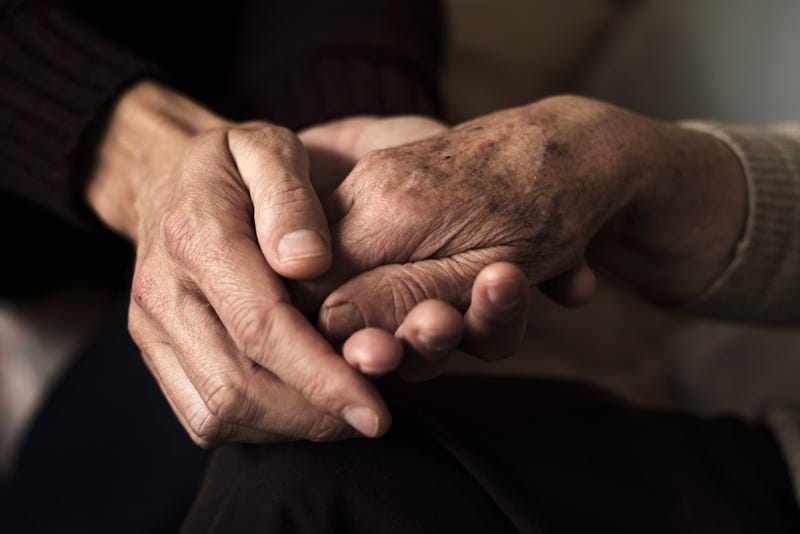
Chronic stress experienced during the COVID-19 pandemic may have caused premature aging, officials say.
Researchers who study the biological impact of chronic stress have found that grief, isolation, anxiety and trauma all accelerate the rate of aging, but there may be a way to turn back the clock.
Listen to your favorite News/Talk station now on Audacy
Aoife O'Donovan, an associate professor of psychiatry and behavioral science, explained to KCBS Radio that there are three reasons researchers believe chronic stress accelerates the aging process.
"First, people who are exposed to high levels of stress tend to die earlier," she said. "Second, people with high stress experience chronic diseases at an earlier age, such as cardiovascular disease or autoimmune disorders. And third, people exposed to psychological stress show evidence of aging at the cellular level."
With the pandemic ravaging families and disrupting the way of life, chronic stress levels have been exacerbated in the past 16 months.
However, these effects may not be permanent.
"The biological aging process is not entirely linear," O'Donovan assured. "Our bodies can look older and younger and go backwards and forwards over time."
Researchers have found two ways to reverse the effects of chronic stress.
"The best thing we can do is engage in physical activity," O'Donovan advised. "The other thing we can do is learn to manage our biological stress responses."
LISTEN on the Audacy App
Sign Up and Follow Audacy
Facebook | Twitter | Instagram
